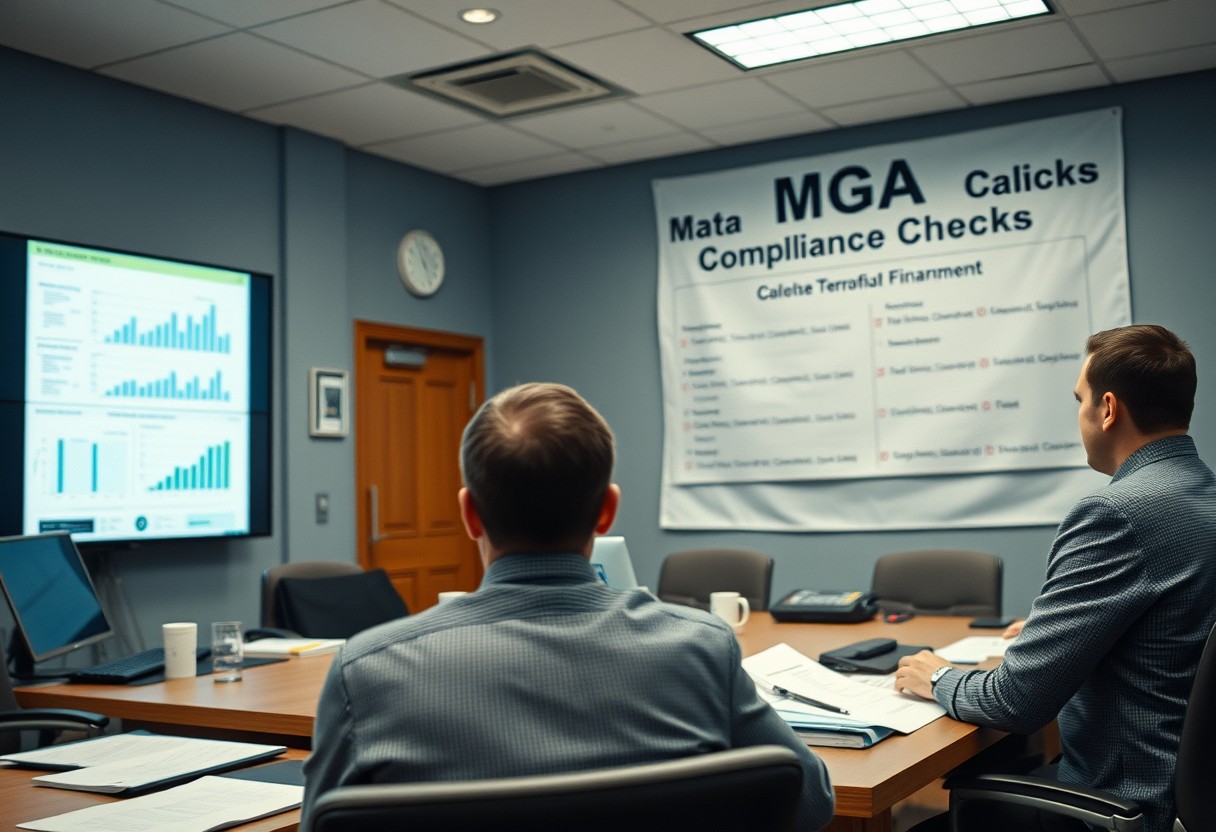MGA’s Anti-Terrorism Financing Checks

With the world becoming increasingly complex and interlinked, the importance of robust anti-terrorism financing checks cannot be understated. As I navigate through the regulations set by the Malta Gaming Authority (MGA), I often find myself questioning the effectiveness of these measures in our fight against financial crime. Are they truly effective, or merely procedures dressed up to give the impression of action? This is a realization that I believe many professionals in the industry can resonate with.
As members of a society striving for security and stability, it is integral for us to understand what these anti-terrorism financing checks entail. The MGA has mandated that operators must carry out comprehensive due diligence on their customers. This includes identifying and verifying the identity of clients to ensure they are not acting on behalf of a terrorist organization. I often find myself appreciating the clarity of these requirements, as they mandate that we remain vigilant and responsible in our financial activities. However, I have also observed that the implementation of these measures varies significantly across different organizations.
When evaluating the effectiveness of these checks, I must consider whether they are yielding the outcomes expected. On one hand, I have seen some companies invest in cutting-edge technology, integrating sophisticated software for monitoring financial transactions. This technology is designed to detect suspicious activities that could potentially link back to terrorism financing. On the other hand, I am aware of certain operators that may only pay lip service to these policies. For them, compliance seems more like a tick-box exercise rather than a commitment to genuinely curtailing financial crime. I genuinely believe that sincerity in these endeavors is what makes the difference.
Moreover, I've witnessed chaotic instances where companies fail to execute these checks effectively due to a lack of trained personnel or insufficient resources. This raises an important question in my mind—how can we trust that these anti-terrorism financing measures are genuinely effective when adequate attention and resources are not allocated to them? In such instances, I can't help but feel concerned that they are merely gestures intended to fulfill regulatory requirements, rather than robust systems of deterrence against the funding of terrorism.
It's important for us, as industry stakeholders, to engage in ongoing dialogue about the importance of enhancing these anti-terrorism financing checks. I find it to be a collective responsibility for operators, regulators, and the broader community to ensure these systems not only exist on paper but are enforced meaningfully. The potential consequences of failing to take meaningful action cannot be overstated; we risk inadvertently allowing financial avenues for terrorist activities, compromising our safety.
In short, while the MGA's anti-terrorism financing checks may have the framework to uphold a high standard of due diligence, their effectiveness ultimately hinges on how seriously they are implemented. I believe that true effectiveness comes from a culture of accountability, training, and genuine commitment to reducing financial crimes, rather than just paying lip service. As industry professionals, the onus is on us to ensure we contribute positively in this fight against terrorism financing.
FAQs
What are anti-terrorism financing checks?
Anti-terrorism financing checks are procedures mandated by regulatory authorities, such as the Malta Gaming Authority, to identify and prevent financial transactions linked to terrorism. They require operators to perform thorough due diligence on their customers to ensure they are not funding terrorist activities.
How does the Malta Gaming Authority (MGA) regulate these checks?
The MGA mandates that operators conduct comprehensive due diligence on their clients, including verifying their identities and assessing whether their financial activities could be related to terrorism financing. This is intended to ensure that operators act responsibly and prevent their services from being used for illicit purposes.
Are anti-terrorism financing measures always effective?
The effectiveness of anti-terrorism financing measures can vary. While some companies invest in advanced technology and rigorous procedures, others may only superficially comply with regulations. The true effectiveness depends on sincere implementation, proper training, and adequate resources dedicated to these checks.
What challenges do companies face in implementing these checks?
Challenges include insufficient training, lack of resources, and varying levels of commitment to compliance. Some companies may struggle with executing effective checks due to these limitations, raising concerns about the genuine impact of their anti-terrorism financing efforts.
How can industry professionals ensure the effectiveness of these checks?
Industry professionals can contribute by fostering a culture of accountability, investing in ongoing training, and ensuring that anti-terrorism financing checks are more than just regulatory formalities. Engaging in open dialogue and sharing best practices also helps enhance the overall effectiveness of these measures.
Michael
With over 20 years experience in web design, SEO and website promotion I always give you an expert advice in regard to any issues related to your Site Design, SEO, Internet Marketing, Promotion, Backlinks, Site Content. In order to help you find out what is missing or can be improved and get higher rankings in Google and more traffic.
Recommended Posts

Kaizen Gaming’s Success at SBC Awards 2024
October 4, 2024

Sportingtech Boosts Security with Continent 8
October 4, 2024

Hidden Treasures of Rome Slot by Swintt
October 4, 2024



